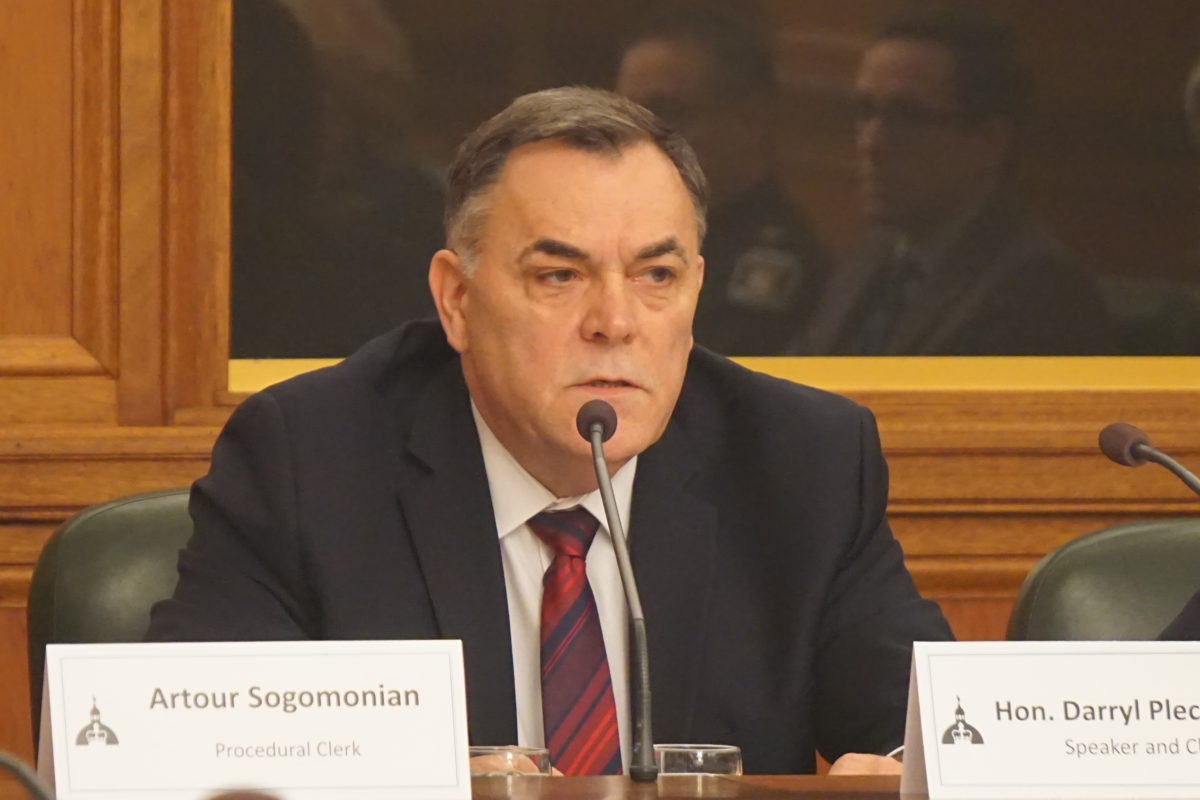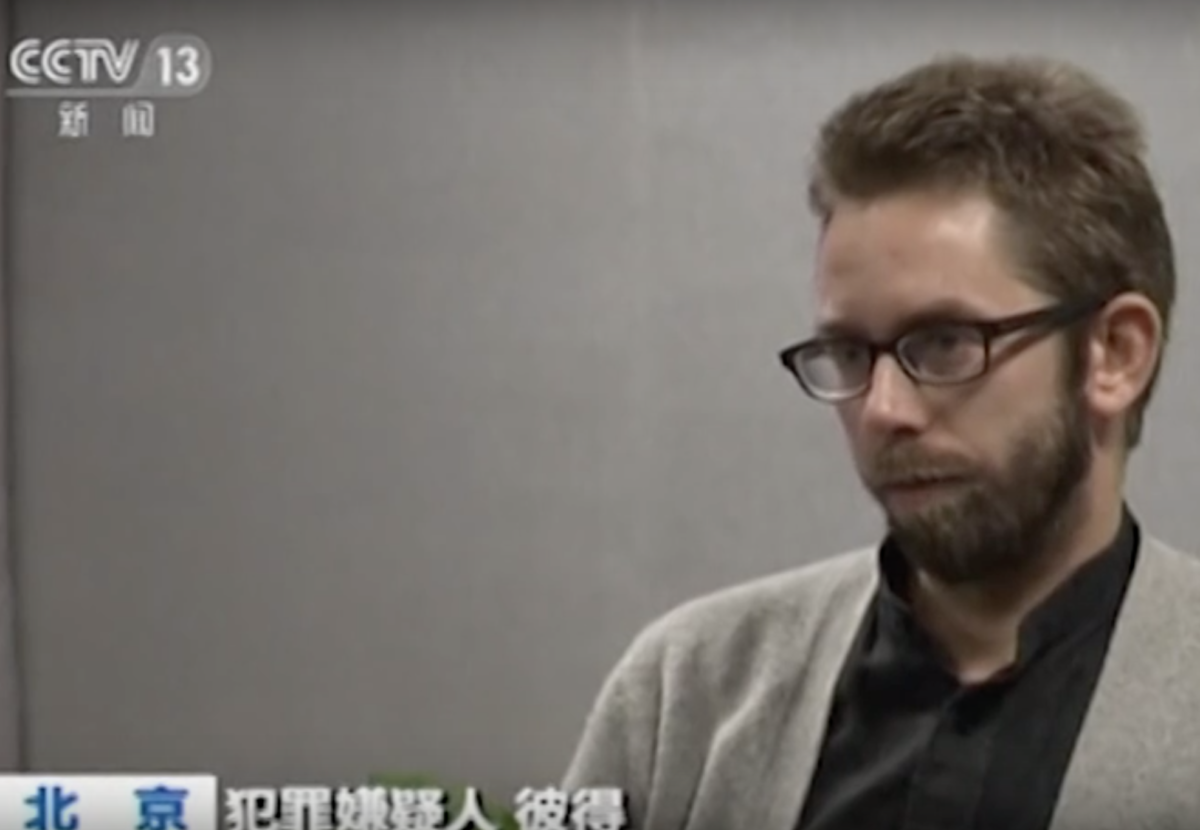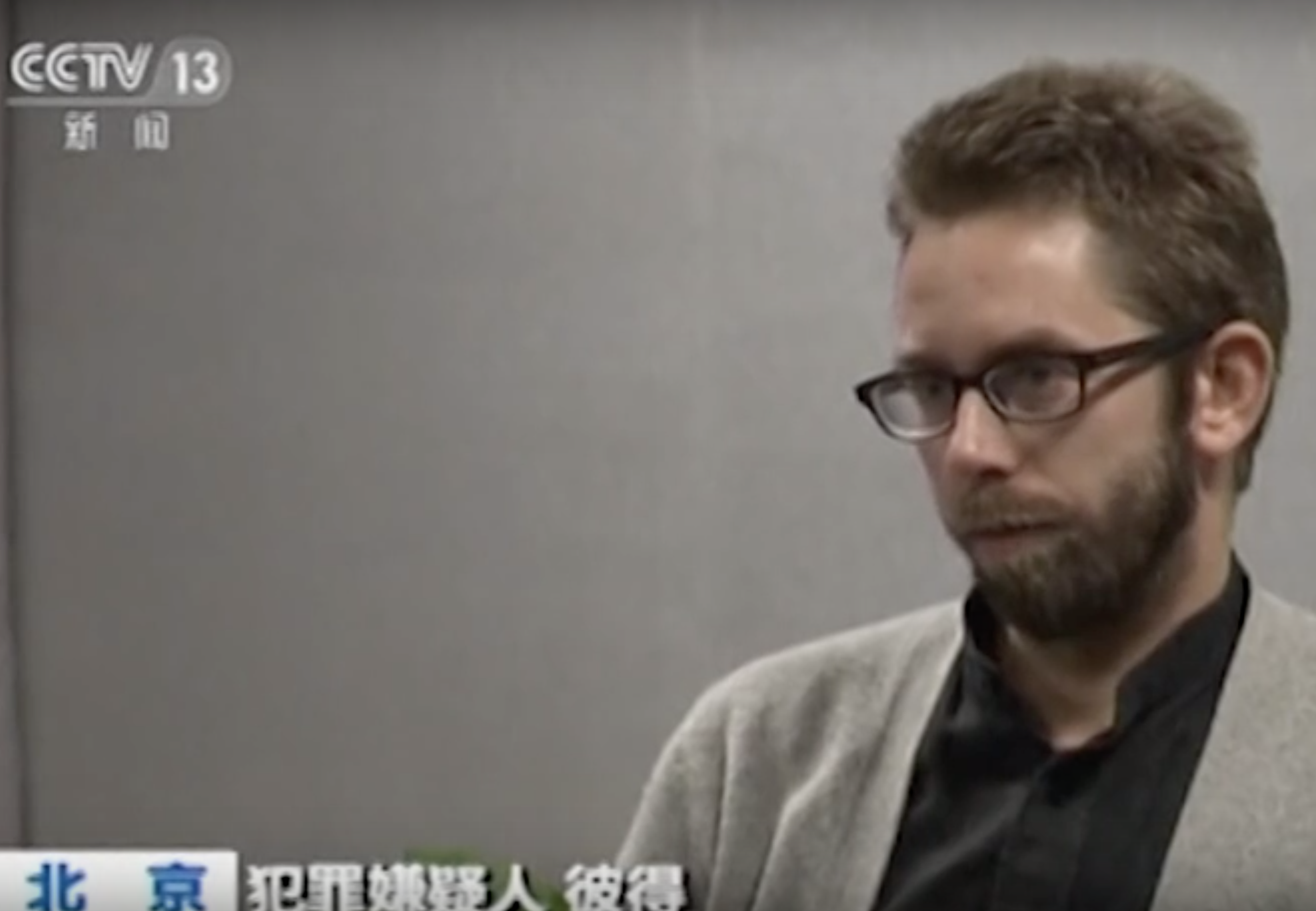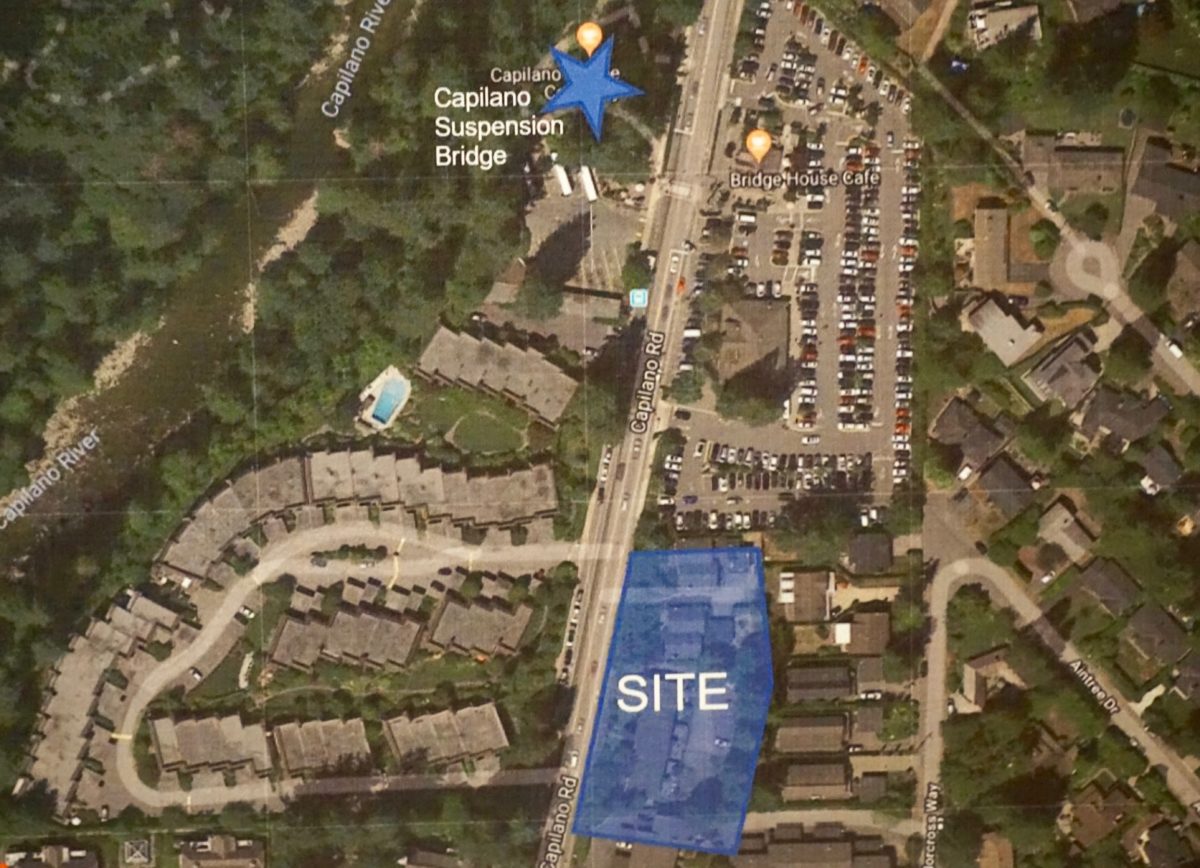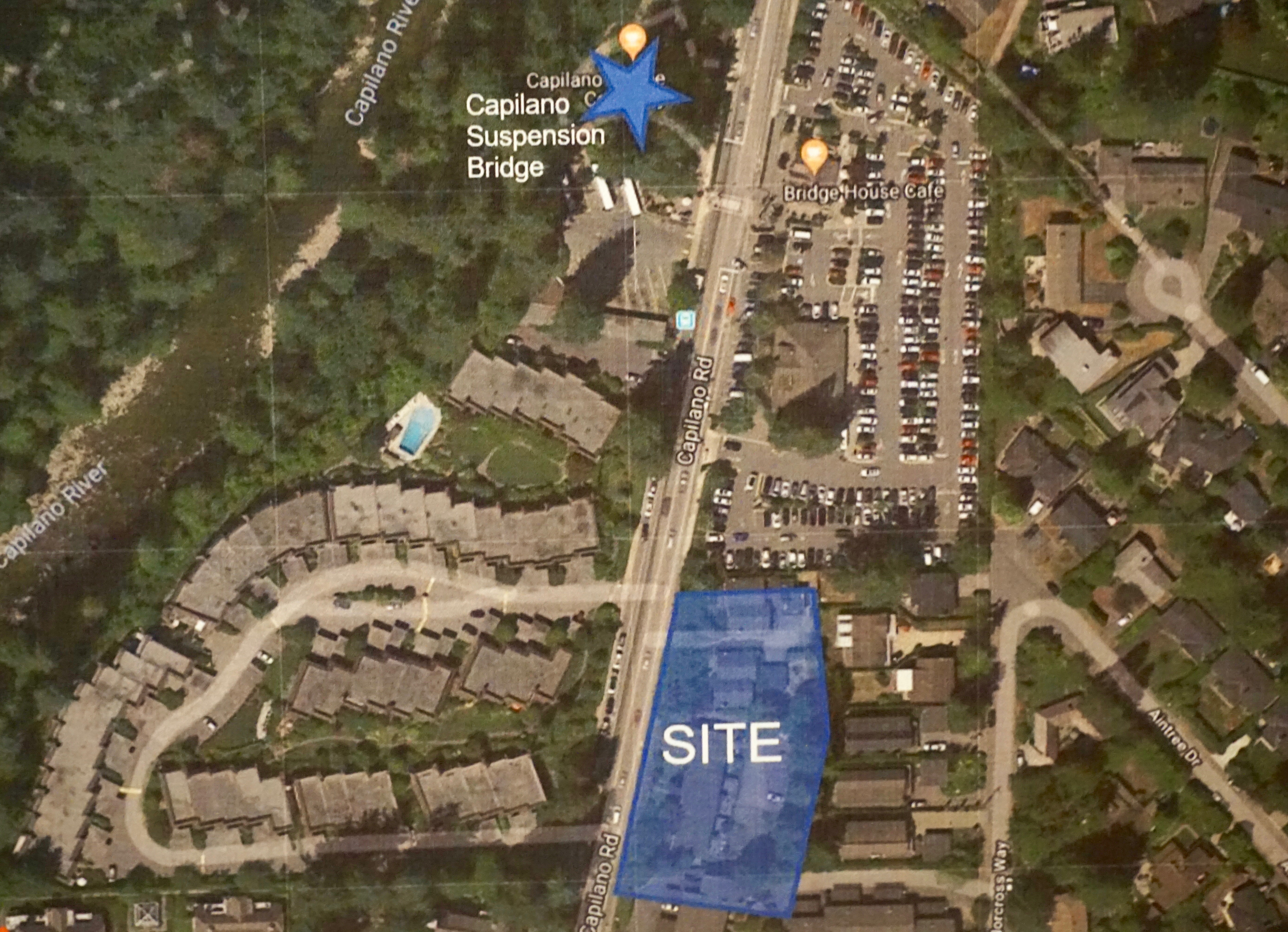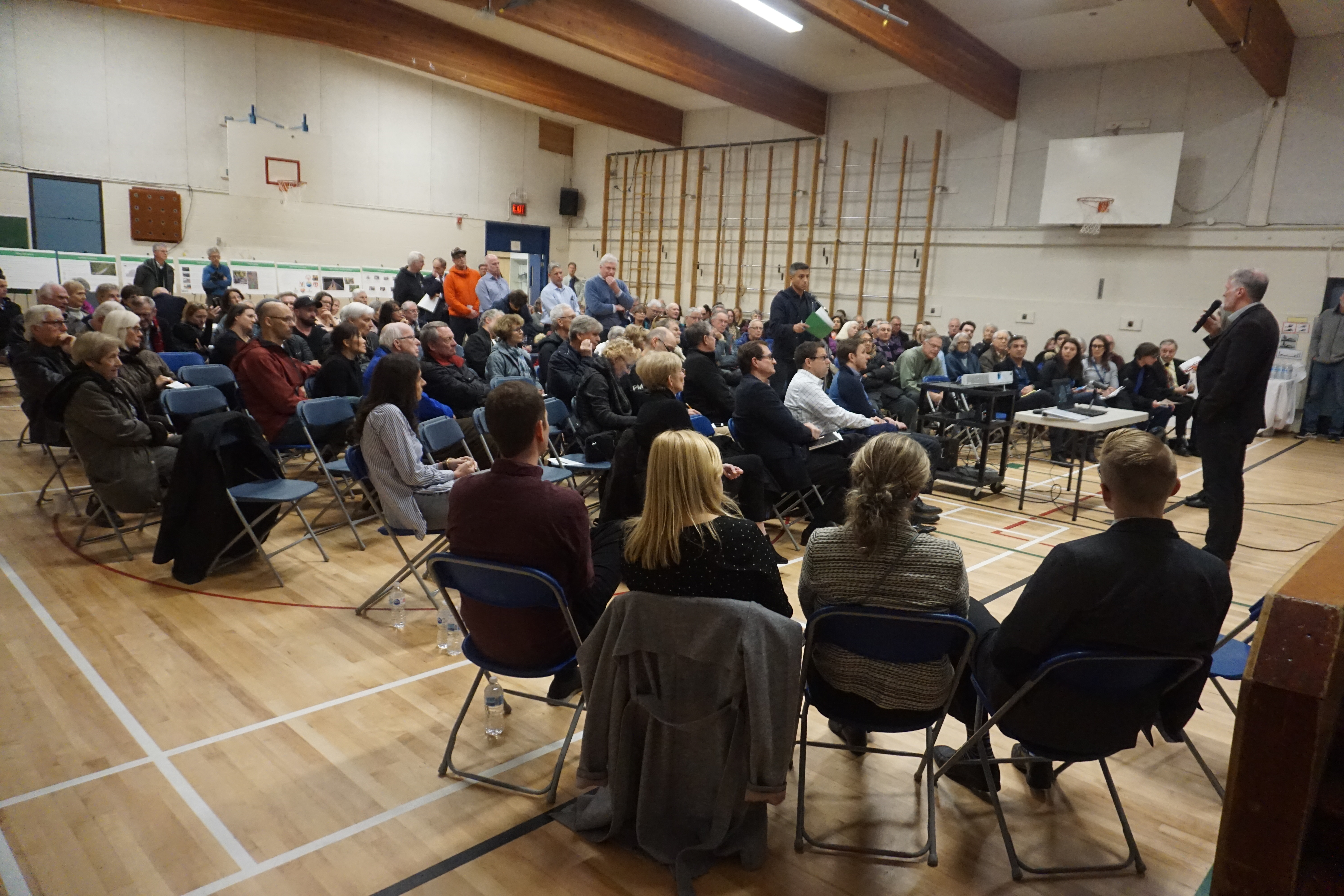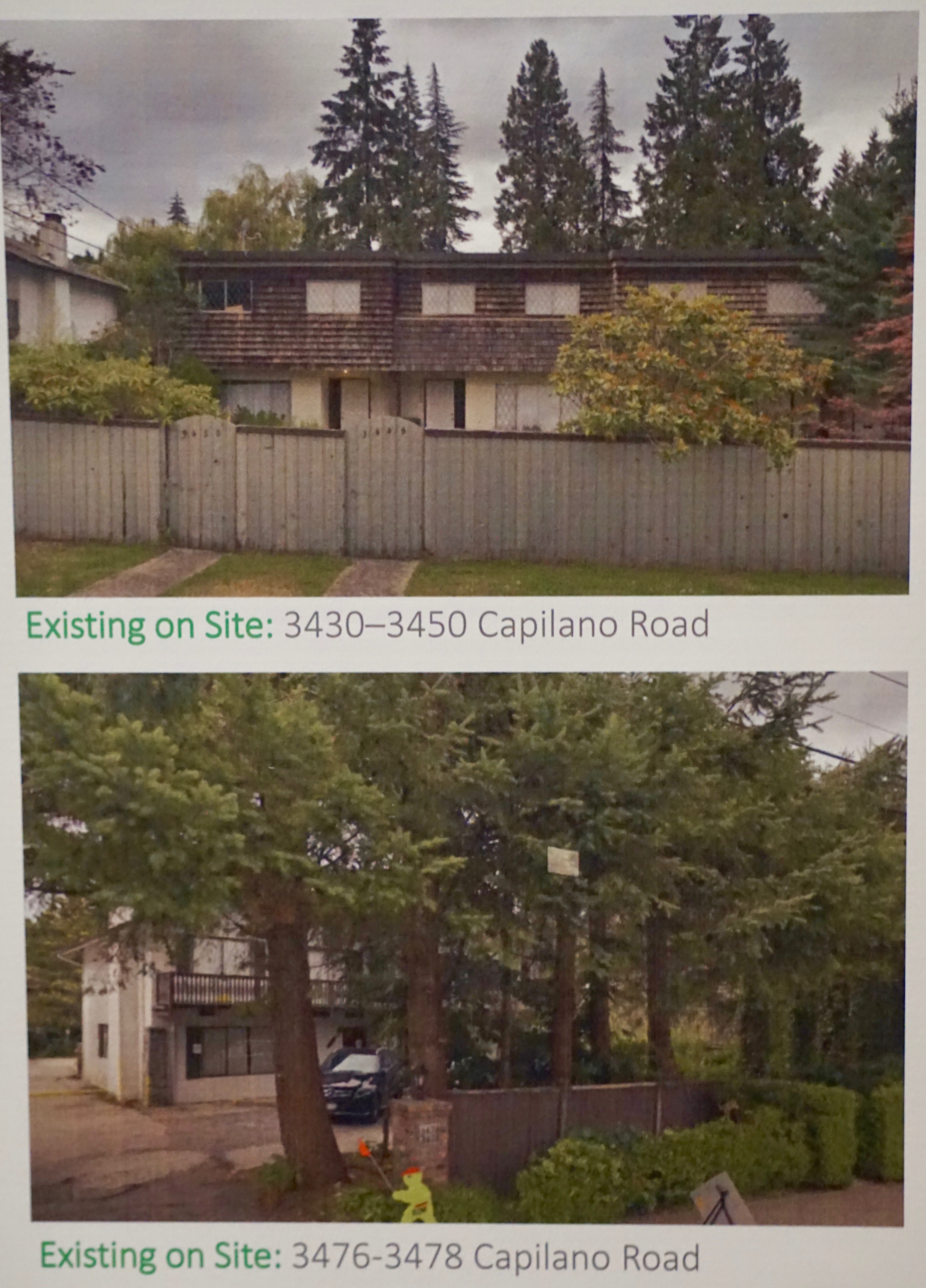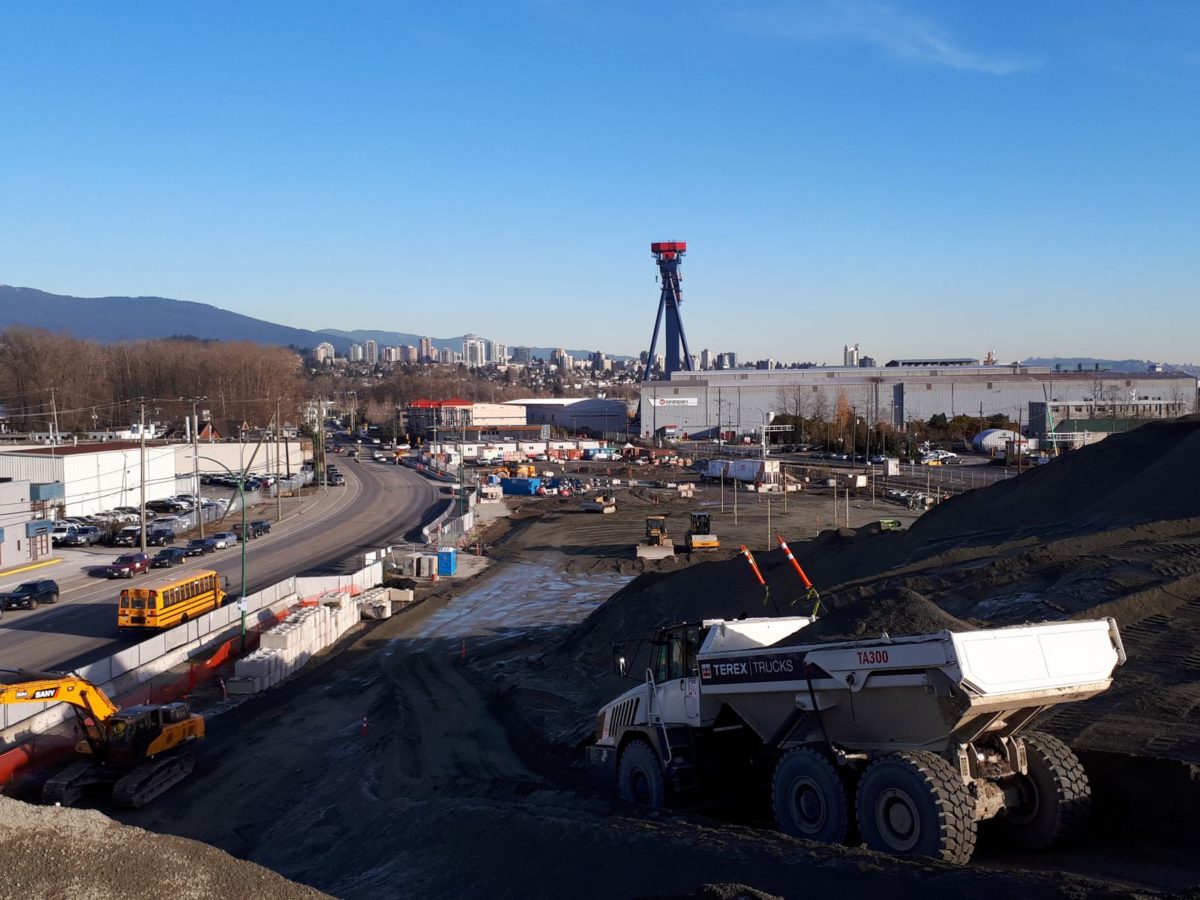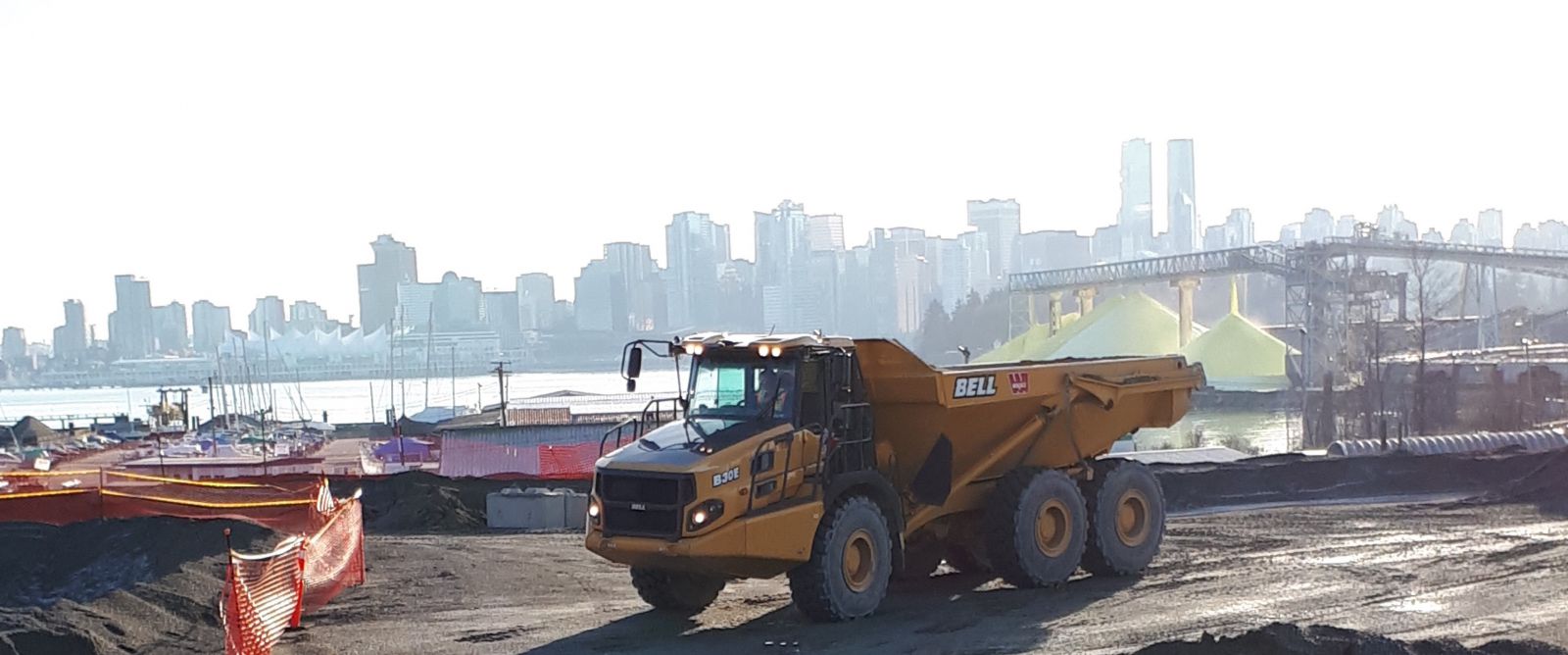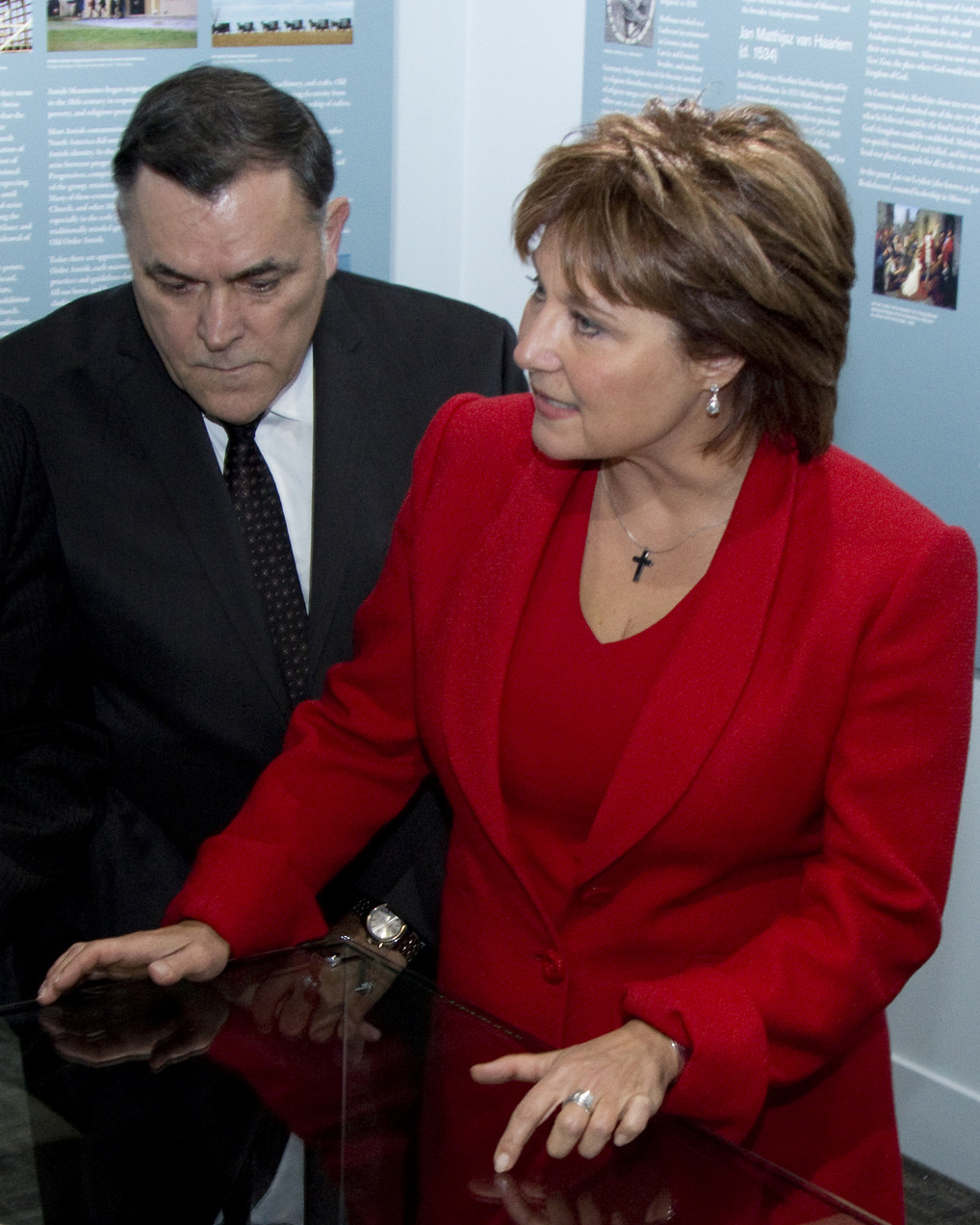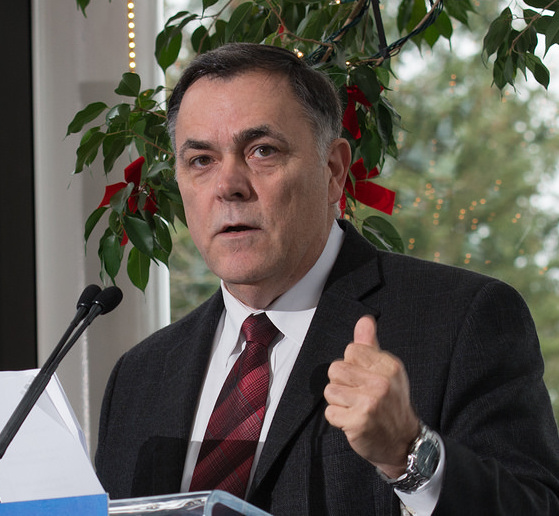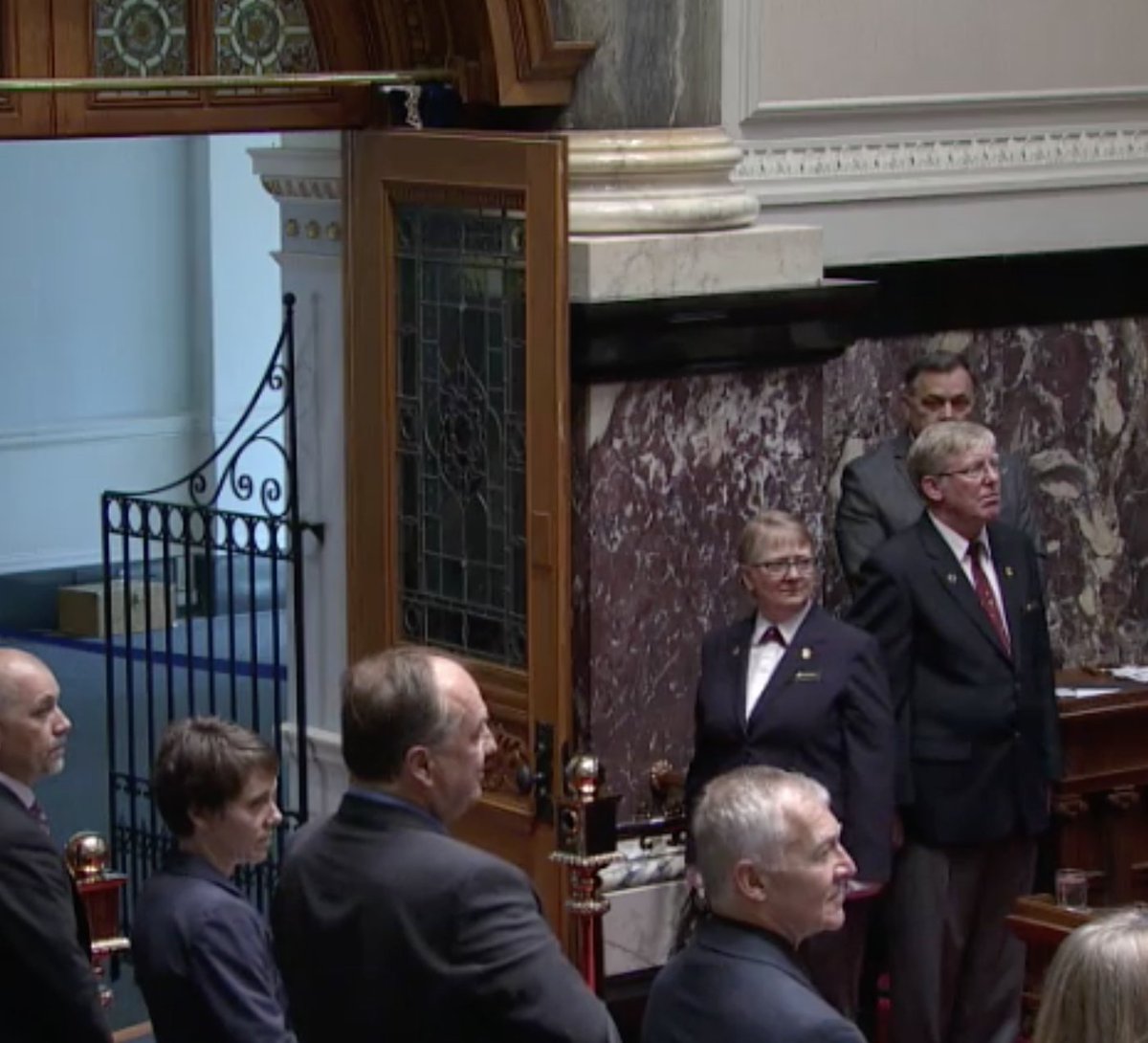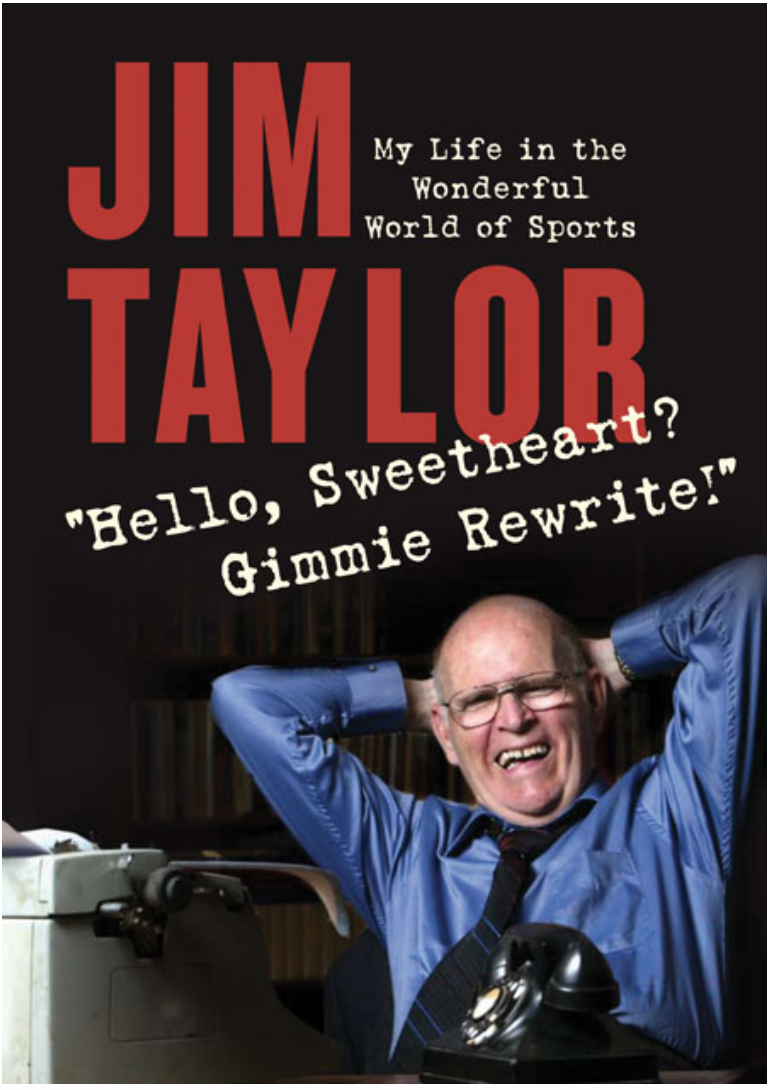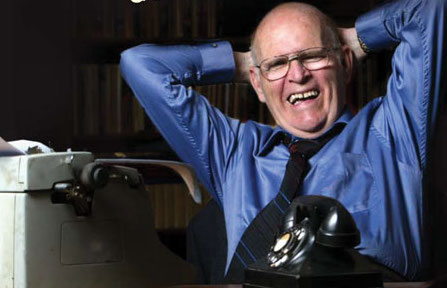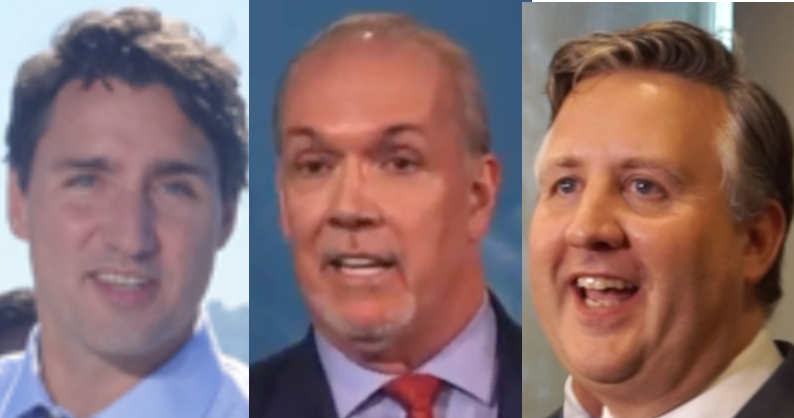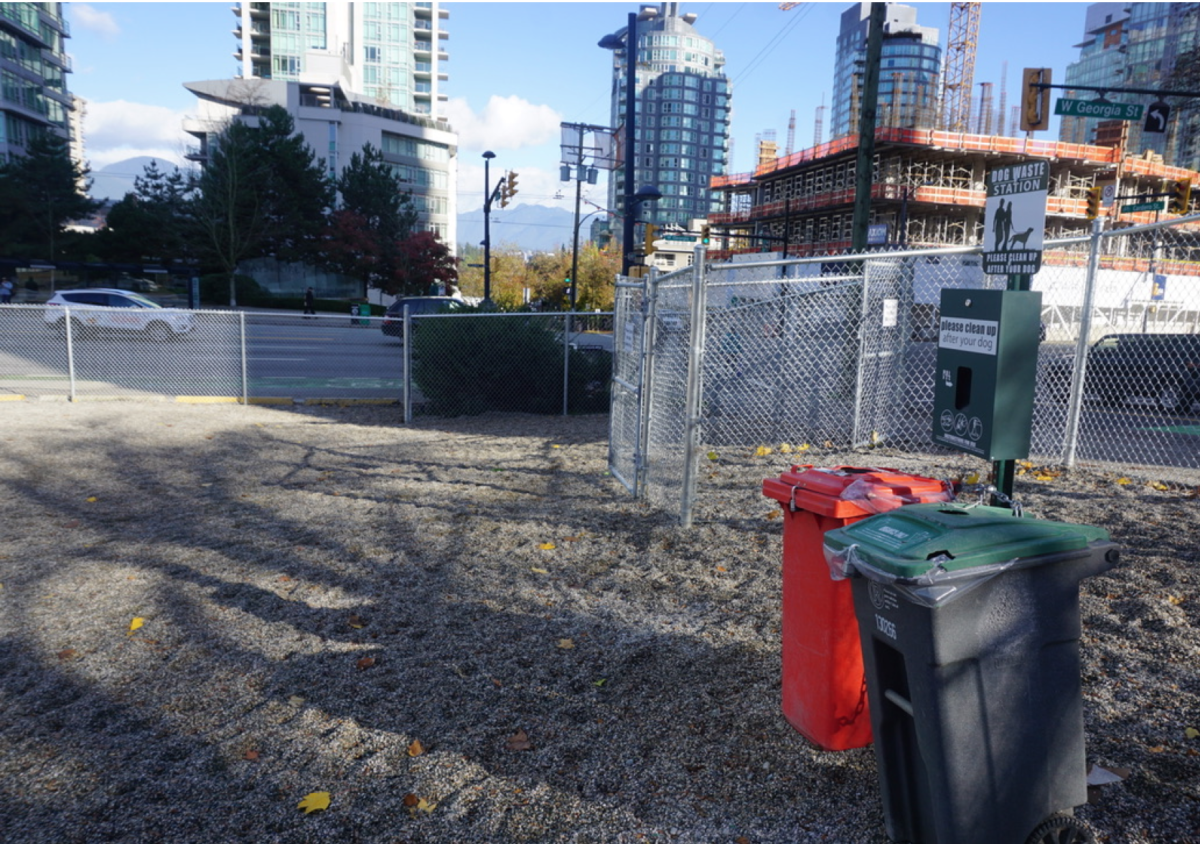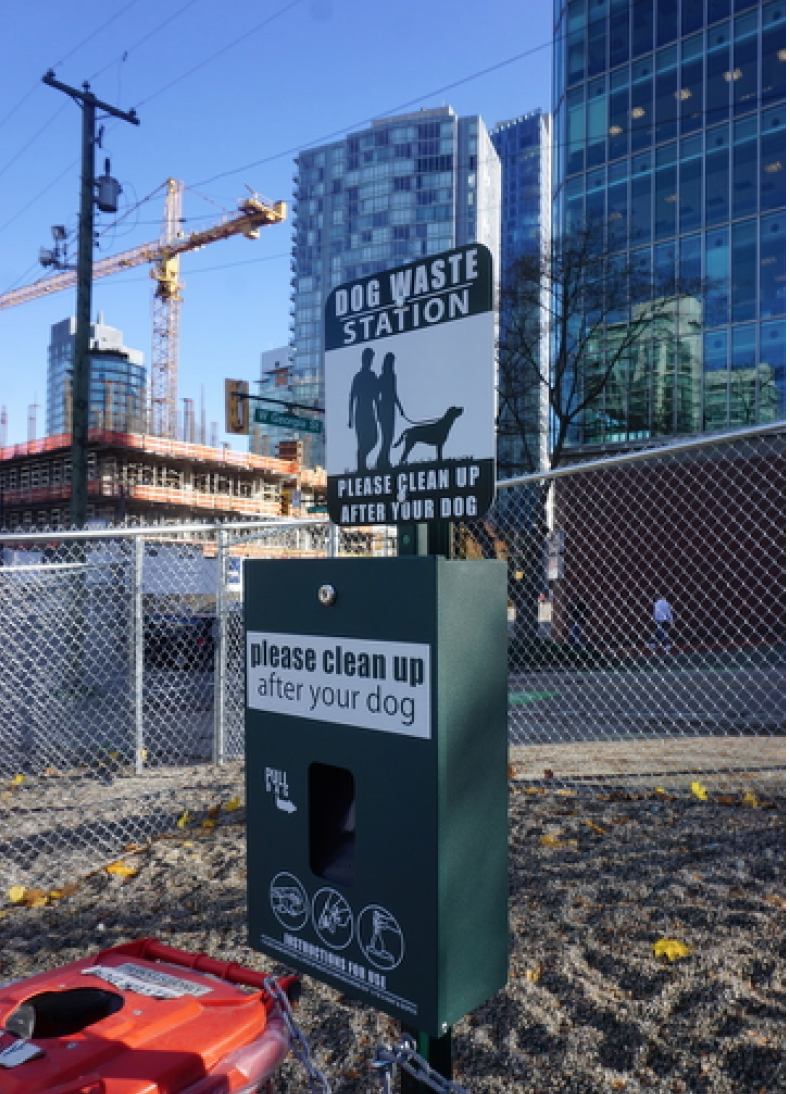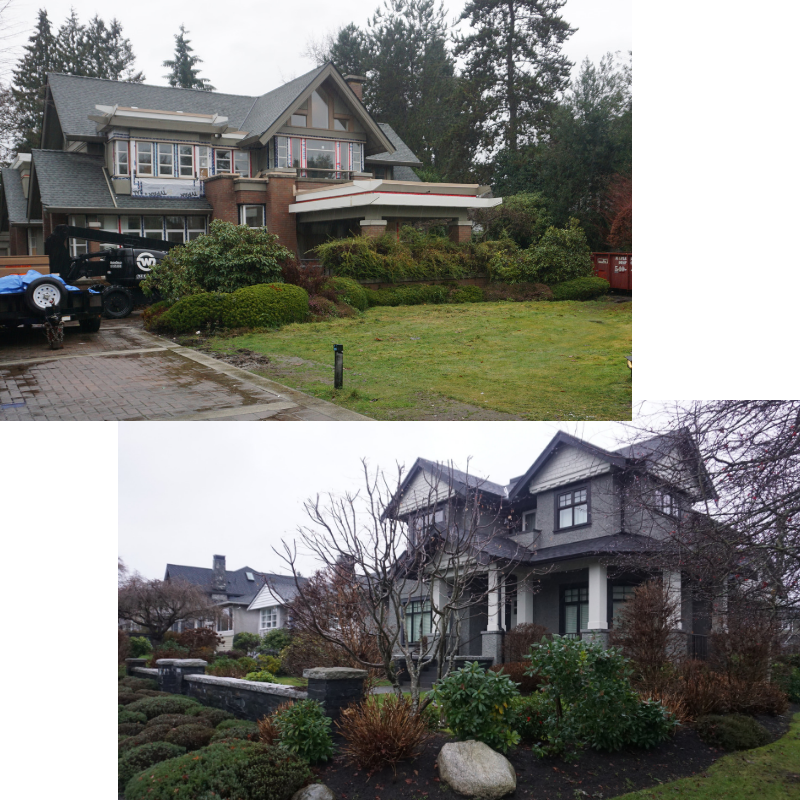Speaker Plecas releases damning report alleging B.C. Legislature corruption
Bob Mackin
VICTORIA: Now we know more about why British Columbia Legislature Speaker Darryl Plecas called the RCMP to investigate the Legislature’s clerk and sergeant-at-arms.
And why the Abbotsford South MLA vowed that taxpayers would be sick to their stomach.
The Legislative Assembly Management Committee (LAMC) spent the better part of two hours behind closed-doors on Jan. 21 to consider a legal opinion on whether to publish a report by Plecas about misspending by the suspended clerk and sergeant-at-arms.
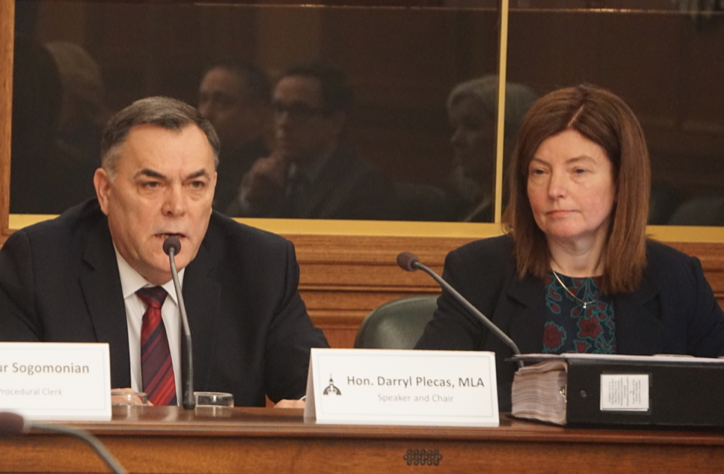
Speaker Darryl Plecas (left), interim clerk Kate Ryan-Lloyd and the black binder of evidence (Mackin)
“Following this meeting, my strong view is that the entire 76-page report be made public and perhaps even including this,” Plecas said, pointing to his left. “There is a five-inch binder here of associated evidence from that report.”
Plecas said there is a clear public interest in what is happening at the Legislature.
After the in camera session, the all-party committee reopened the doors of the Douglas Fir Room to reporters and unanimously voted to conduct a financial audit, a workplace review, have house leaders consider the serious allegations against Clerk Craig James and Sergeant-at-Arms Gary Lenz and to publish the report.
MLAs unanimously suspended, with-pay, James and Lenz on Nov. 20 for misconduct and they were escorted from the property. Later that day, the RCMP confirmed it had been investigating since the summer and the Public Prosecution Service said that two special prosecutors had been appointed at the start of October. The reasons were not made public, but Plecas vowed at the Dec. 6 LAMC meeting that he would offer an explanation that would not compromise the criminal investigation.
“He came through on his promise,” said Alan Mullen, Plecas’s chief of staff in a news conference after the LAMC meeting.
When James and Lenz held a news conference at their Vancouver lawyers’ office the week after they were suspended, they denied any wrongdoing, pledged to co-operate with the investigation and demanded their immediate reinstatement.
A reporter rang the doorbell at James’s residence on a secluded cul-de-sac in Saanich several hours after the report’s release, to seek his reaction to the allegations. James did not come to the door, but his wife, Christine, did. She said James would comment after consulting his lawyer. Before she asked the reporter to leave, Christine James said her husband is innocent.
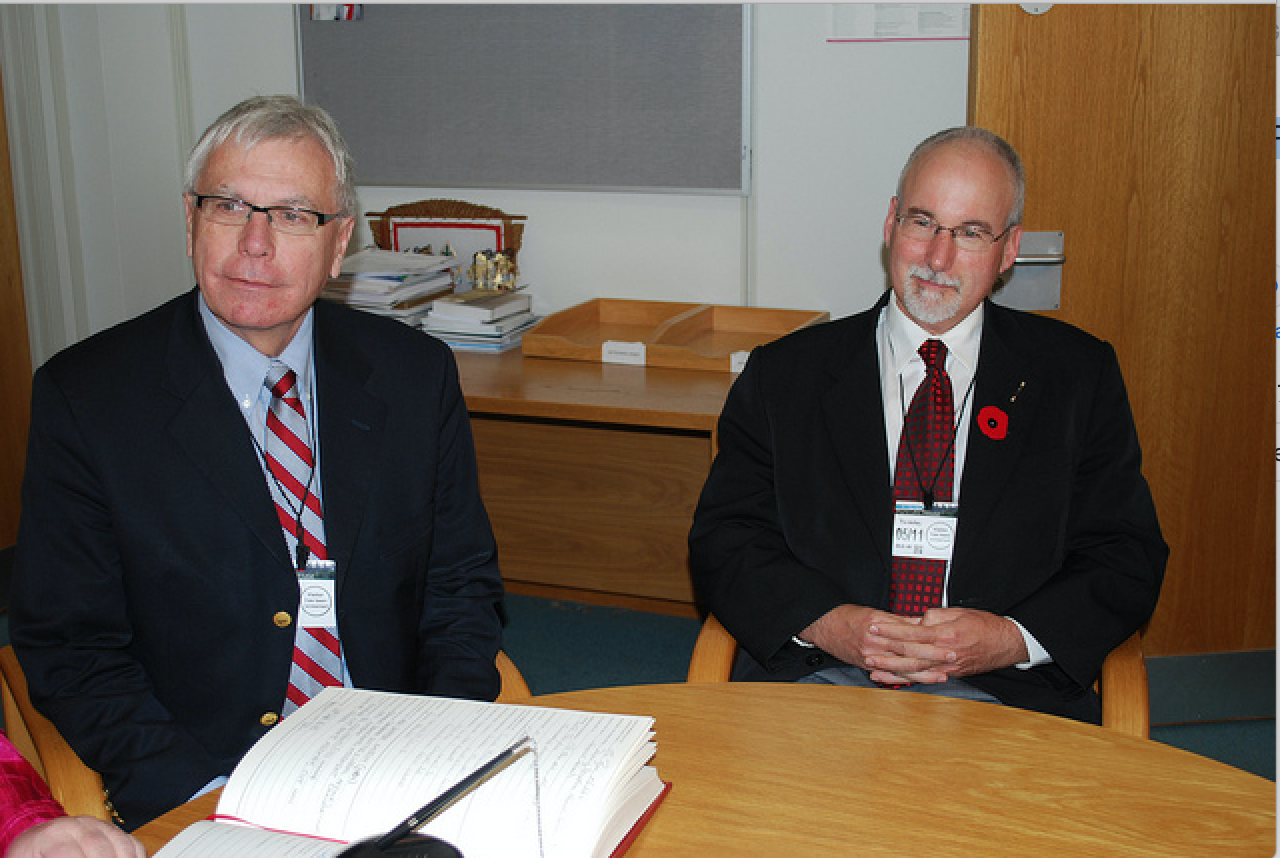
Craig James (left) and Gary Lenz (Commonwealth Parliamentary Association)
Booze, baseball, iPhones, trips
The report, Mullen said, is clear “why I was so concerned, why the speaker was so concerned and why everybody should be so concerned.” He began to read a litany of accusations against the pair, such as flagrant overspending on luxurious trips overseas with questionable business rationales, expensing of all manner of personal purchases through the Legislative Assembly totalling tens of thousands of dollars, and insurance payout schemes. The report suggests millions of dollars may have been misspent by James and Lenz.
The Clerk’s office spent $10,362.46 to host a “Legislative Assemblies Business Continuity Network” conference in Bellevue, Wash. in August 2017. The Plecas report says “neither the purpose of the conference, nor the reason why the British Columbia Legislative Assembly would be hosting a conference in Washington State, is evident from the documents, nor is the total amount spent on hosting the conference.”
The program included whale watching in Victoria, the Victoria Clipper to Seattle for nine people, dinners at McCormick and Schmick’s and Daniel’s Boiler in Seattle, transportation and tickets to a Seattle Mariners’ game against the Baltimore Orioles, transportation to and from the Washington Capitol in Olympia and a tour of Safeco Field.
The report said James bought a wood splitter and work/tools trailer with more than $13,000 of Legislative Assembly funds, but the items never arrived at the Legislature. They were delivered to James’s house and allegedly used by James and Lenz.
“On the receipt for the wood splitter it is indicated that it was to be picked up by ‘Craig’. On Dec. 4, 2018, Mr. James’ lawyers, Fasken Martineau, wrote to the Speaker and advised that Mr. James wished to deliver the wood-splitter to the Legislative Assembly,” the report said. “The RCMP intervened and now have possession of the wood splitter. The trailer was not at the Legislative Precinct as of Nov. 20, 2018, but the Speaker understands from Facilities and Maintenance staff that it subsequently materialized, parked in the parking lot, without any indication of how it arrived there.”
Plecas believes James bought the wood-splitter in case a tree fell on the Legislative grounds, it could be split for use as firewood at the Legislature. But, the report said, a chainsaw and axe would suffice.
“Nevertheless, if there was any justification for its purchase, it is difficult to understand how it assisted the Legislative Assembly to have the machine at Mr. James’ house, being used for his personal purposes.”
A letter from James’s lawyers said he had been advised by Legislative facility services to hold the splitter, because there was no room to store it at the Legislature.
“That supposed rationale is surprising given the size of the Legislative Precinct, and if there was indeed no space to store it, then that begs the question of why it was purchased. The matter of the wood splitter and trailer ought to be enquired into further from an employment and workplace conduct perspective.”
Plecas received reports about booze loaded into James’s truck and perhaps taken to ex-speaker Bill Barisoff’s home in the Okanagan.
“The alcohol was apparently left over from a conference or event that the Clerk hosted and was placed in a basement vault from which it was later loaded into the truck. The Speaker has asked for receipts relating to the purchase of conference alcohol in the 2012-2013 time period and has received expense claims that show purchases of $8,789.84 were made from BC Liquor Stores or Distribution Branches, but whether those are connected to the reports of the alcohol allegedly taken by Mr. James is unknown.
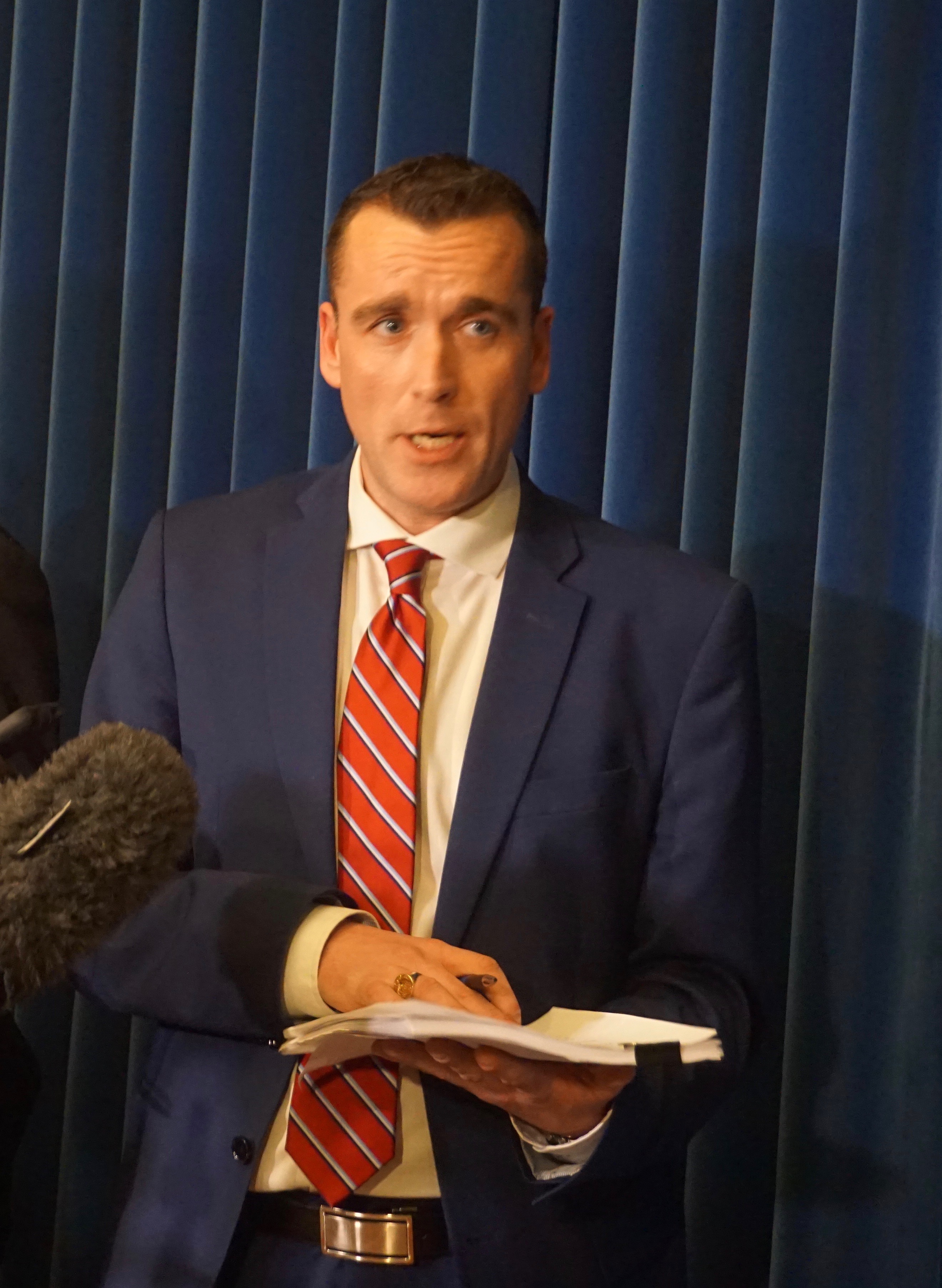
Alan Mullen, special advisor to Speaker Darryl Plecas, with the damning report on the suspended officials (Mackin)
“Although multiple witnesses had independent (though not first-hand) awareness of the allegation about removal of alcohol, to date, the information has not been corroborated through a first-hand source. However, it is a serious allegation that warrants investigation, particularly as other Legislative Assembly employees are said to have assisted with the loading of Mr. James’ truck.”
James bought numerous subscriptions totalling over $5,000, including a monthly Apple Music plan, yearly iCloud storage plan, Bicycling magazine, Arizona Highways magazine, Palm Springs Life magazine, Sunset magazine, Wired, Flightradar24, History Today, India Today, The Economist, New Scientist, Electric Bike Action magazine, the Times of London, Marine Traffic – Ship Tracking, Popular Mechanics, and Forbes.
“In one month alone, Mr. James claimed $720.47 in digital subscriptions. Additionally, in October and November 2017, Mr. James claimed $236.11 and $278.54 through the Clerk’s Office for a monthly subscription for Spot Satellite Messenger, a tracking device that uses the Globalstar satellite network to provide text messaging and GPS tracking.”
James bought a waterproof camera for $658.45 in December 2017, a camera case for $78.39 two days later, $515.18 in memory cards in March 2018 and a tripod for $800.78 in July 2018. He bought Bose noise-cancelling headphones in June 2017.
He was reimbursed for $966.83 in September 2018 for seven dress shirts and a tie at Brooks Brothers.
“Notably, the word tie is crossed off and “tabs” is hand written in. Mr. James’ house uniform includes judicial tabs; it does not include conventional neckties. Brooks Brothers confirmed in a recent telephone call that the store does not sell tabs.”
In the introduction, Plecas said that as speaker, he is responsible for the overall administration and operations of the Legislative Assembly.
“In the months after I became Speaker, I learned of a number of allegations, and personally observed or was party to numerous conversations or activities, which made me deeply uncomfortable with the conduct of the Clerk of the Legislative Assembly and the Sergeant-at-Arms, and with the impact it has had on the functioning and culture of the Legislative Assembly more generally,” Plecas wrote.
Asked if James and Lenz exploited their jobs and the Legislature’s special exemption from the Freedom of Information and Protection of Privacy Act, Mullen would only say: “I would read the report and make your own decision about that.”
Asked why the BC Liberals neglected to amend the FOI law to include the Legislature while in power for 16 years, house leader Mary Polak said “clearly there needs to be more done as a result of this report, but FOI is not the only way to get information. The proactive public release of information, which we changed, is the best way and doesn’t require the public to go through FOI and pay those expenses.”
MLA expenses and their receipts are published quarterly, but not so for the top four executives of the Legislature. Their quarterly expense report does not include receipts or a description of their purchases only total amounts spent on domestic and international travel, accommodation, meals and per diems. When theBreaker sought details about James and Lenz’s spending from interim clerk Kate Ryan-Lloyd in December, she said “I am not in a position to provide the details that you are seeking.”
Support theBreaker.news for as low as $2 a month on Patreon. Find out how. Click here.
Speaker’s Report to LAMC by BobMackin on Scribd
Bob Mackin VICTORIA: Now we know more about






